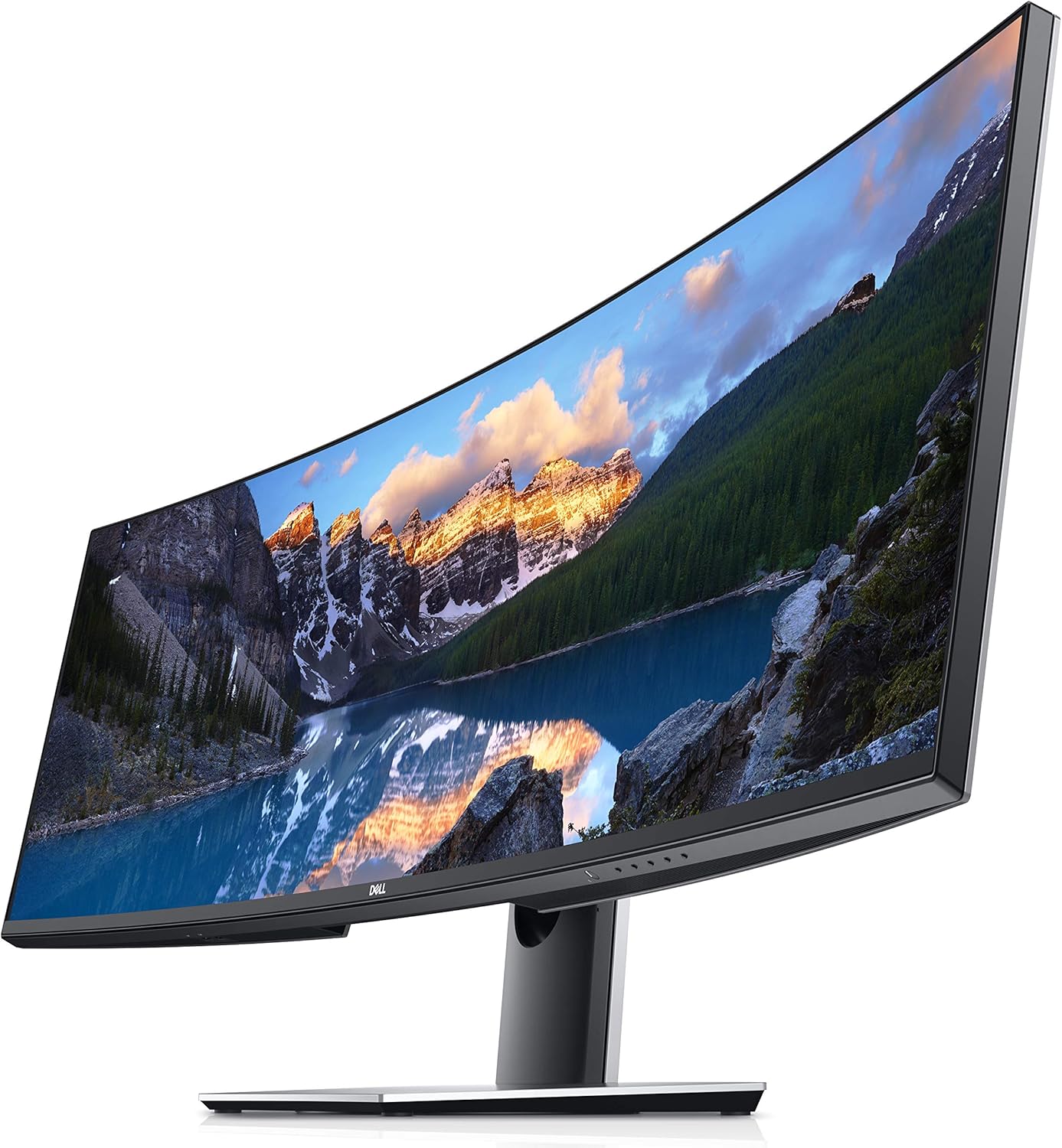
When Apple chipmaker TSMC was granted federal subsidies for building its first US plant, creating jobs for American workers was one of the key arguments. But with hiring well underway, a new report says that almost half of the TSMC Arizona plant hires are from Taiwan.
Additionally, plans for a six-step expansion program – intended to allow the Arizona plant to rival the production volumes of those in Taiwan – are now said to be unlikely to proceed ….
TSMC’s Arizona plant: Theory and practice
TSMC’s announcement that it was building a chip fabrication plant in Arizona was hailed as a major success for the US CHIPS Act – intended to free the US from dependence on China for advanced chip supplies, and to generate jobs for US workers. Apple proudly announced that it would be buying American-made chips for some of its devices.
The gloss soon began to wear off, however. The plant will only be able to make larger process chips, only suitable for older Apple devices, and it wasn’t long before TSMC demanded bigger subsidies and fewer rules.
The project is behind schedule, and over budget, with production already pushed into 2025, from 2024. There is talk of US-made chips costing more than those made in Taiwan, which could mean Apple would buy fewer of them than originally expected.
Almost half of TSMC Arizona plant hires from Taiwan
US job creation was first thrown into doubt when TSMC decided to bring in around 500 Taiwanese workers to speed up construction work. The battle over this quickly turned ugly.
But while this was described as a short-term measure, used only for the construction phase, a new report today paints a different picture. The Financial Times says that with almost half the production workforce already recruited, around 50% of them are actually from Taiwan.
TSMC has already hired more than 2,200 of the 4,500 staff it plans to employ there once the two fabs are in production. But almost half of those hired so far are assignees sent from Taiwan, according to two people familiar with the situation.
One of the reasons for that is said to be that the company hires engineering graduates as technicians, because it expects them to be capable of using their own initiative to tweak parameters in order to maximize yields. But US engineering graduates tend to be attracted to more exciting opportunities elsewhere.
“You can empower fab workers more as long as they are that highly skilled, but you can’t have that in the US,” says Dylan Patel, chief analyst at US consulting company SemiAnalysis. Technicians in Taiwan typically have completed four years of engineering school, he adds. But engineering graduates in the US “have job opportunities that pay more and are more inspiring, like developing new lenses for Apple or working for Meta, than in a fab.”
Expansion plans in doubt
Top comment by VoxelFox
What did everyone expect, that the US would suddenly have world class chip fabs overnight? This is going to take a decade to get a real foothold. It involves much more than throwing up a building, all the way down to schools teaching Americans how to build things again. Our shortsightedness is our biggest obstacle, it's how we ended up in this dependence on other countries for manufacturing in the first place.
When the project was first announced, the plan was said to be to begin with a single plant, and quickly add a second. That much is underway.
The US government asked the company to add a further four plants, for a total of six. This would allow Arizona to rival the production volumes of so-called megafab facilities in Taiwan, and generate thousands more jobs.
TSMC agreed in principle, and purchased the land needed for the additional plants, but today’s report suggests this is unlikely to happen.
The two fabs the company has announced so far would take its monthly capacity there to 60,000 of the wafers on which circuits are printed and microchips cut. That would make Arizona a medium-size plant but far smaller than the “gigafabs” with more than 100,000 wafers a month that the company operates in Taiwan.
TSMC has acquired enough land for four more expansion phases which could bring Arizona to that scale, but it has not publicly committed to that. Several executives at TSMC suppliers now say they do not believe the company will build out all six phases.
Photo: Dan Cristian Pădureț/Unsplash
FTC: We use income earning auto affiliate links. More.




Comments